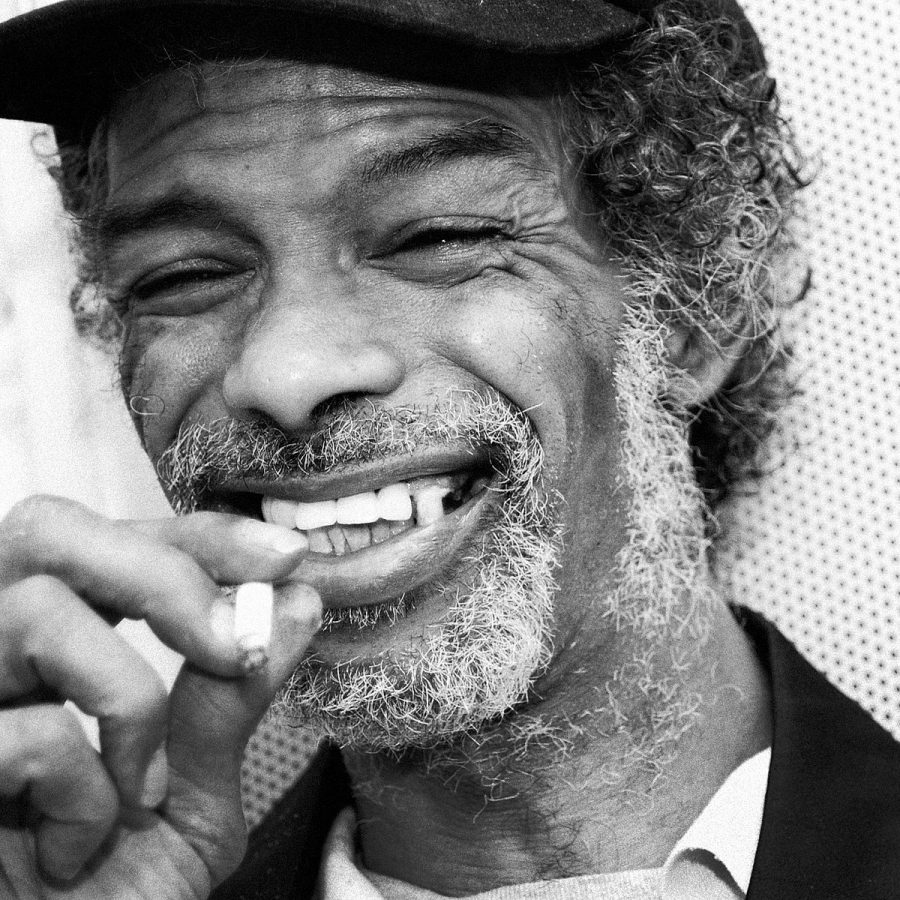Nine years after his death, Gil Scott-Heron is still an inspiration to many black musicians.
Chicago-based jazz drummer Makaya McCraven was given the task of adding new compositions to Gil-Scott Heron’s swan song album “I’m New Here,” released 15 months before his death. The result is an emotionally poignant 18-track collaboration, titled “We’re New Again: A Reimagining by Makaya McCraven.”
A talented musician himself, McCraven arranged the new orchestral production with the help of his frequent collaborators guitarist Jeff Parker, trumpeter Ben LaMar Gay, harpist Brandee Younger and bassist Junius Paul.
This album’s creation was very special for McCraven as he vividly remembered his father playing Scott-Heron’s music often during his childhood.
“(Making this record) felt like bringing me home to my childhood, and that small apartment, with those records playing,” McCraven told Pitchfork.
“We’re New Again” shows Scott-Herron at his most vulnerable, often giving an emotionally gripping perspective on his struggles.
On the album’s standout anthem, “I’m New Here,” Scott-Heron is coping with the past, yet he still longs to make up for his mistakes. He poignantly hums, “No matter how far you’ve gone / you can always turn around,” showing hope for a better future.
Another highlight is the solemn track “I’ll Take Care of You.” At the song’s climax, Scott-Heron painfully pleads, “You won’t ever have to worry / you won’t ever have to whine, for I’ll there beside you / to dry your weeping eye.” McCraven’s tearful piano accompaniment makes the track emotionally jarring but sentimental.
However, the most harrowing song is “The Crutch,” where Scott-Heron reflects on his damaging crack-cocaine use over Parker’s jolting electric guitar rhythm. According to a 2010 New Yorker profile, Scott-Heron had a severe crack addiction for a large portion of his adult life, even when “I’m New Here” was recorded.
This context makes lyrics such as, “The savage beast that once so soothed his brain / has reared his ugly head and staked its claim,” especially heartbreaking. Scott-Heron was aware he had lost control, yet substances were the only way to cope with his pain.
Throughout his artistic career, Scott-Heron was known for his aggressive, politically and socially charged commentary which was just as urgent as it was poetic. This included tackling important social issues such as civil rights, the Vietnam War and his struggles with alcohol and drugs. Although he wasn’t a classically trained musician, Scott-Heron had a distinct ability to emit anger, hope, happiness and humor through his rhythmic musings.
Besides being a musician, Scott-Heron was many things such as an activist, a poet, a teacher and a father. He was a complex public figure, but those close to Scott-Heron knew him as a troubled soul, trying to use his voice to change the world.
In an interview with the Guardian, close friend Al Nasir said, “He wanted to raise consciousness and make the world a better place.”
Without Scott-Heron’s spoken-word style, the landscape of hip-hop would look much different. Often cited as the “godfather of rap,” his music has laid the blueprint for conscious rap anthems such as Grandmaster Flash’s “The Message” and the songwriting of neo-soul legends like D’Angelo and Raphael Saadiq. Even today, his influence is still alive and well in the popular works of Kendrick Lamar, J. Cole and Drake.
“We’re New Again” is McCraven’s deeply personal tribute to Scott-Heron and it combines each artists’ struggles to create a passionate musical statement.









